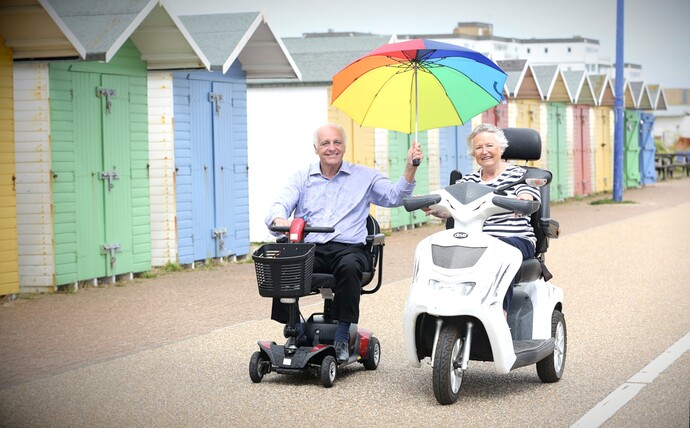This election is, perhaps, the most important election since 1910, when the House of Commons finally broke away from the House of Lords; the election could provide a similar shift in power towards the people.
With not a single question on transport in the three leaders’ debates the Environmental Transport Association (ETA) has examined all the parties’ manifestos and commented on their policies.
Director at the ETA, Andrew Davis, said: “Apart from the proposed high speed links and a nod to changing the flying tax there is not much in their manifesto compared to the other parties.”
“Either the Conservative feel that there is not much that needs fixing in transport terms or they are going to concentrate their efforts in other areas.”
| A move in the correct direct but not enough – depends on the floor price set. | | Local government. We will give councils and businesses the power to form their own business-led local enterprise partnerships instead of RDAs. Where local councils and businesses want to maintain regionally-based enterprise partnerships, they will be able to. | If we abolish regional government then we must have robust county government to fall back on. I my view English counties need to be greater than 1,200km2 is size (to enable comprehensive transport planning) and have more than 500,000 people (to enable specialist service provision). Once these are in place I would go along with these Tory ideas. |
| Local government should be at the heart of our economic recovery, so we will allow councils to keep above-average increases in business rate revenue so that communities which go for growth can reap the benefits; give councils new powers to introduce further discounts on business rates; and introduce an immediate freeze of, and inquiry into, the government’s punitive programme of back-dating business rates on ports. | This is a move in the correct direction. But lacks imagination and would not, in my view, be sufficient. However, it is far better than the ideas that the Labour party has come up with. I would abolish unitary authorities they are too big to be local and often too small to deal. |
| Local government. giving local authorities the power to establish new district heating networks which use biogas and other low carbon fuels. | Let England follow Woking. All localities should have these powers. |
| Local government. Give ‘general power of competence’, so that they have explicit authority to do what is necessary to improve their communities. | Sovereignty belongs to the people. If people pool part of their sovereignty for the common good then outside of the economy people look to their locality. Therefore I would say that local government may do what it likes as long as it does not affect the wider society. I do not think the conservatives are quite so radical but they are making timid steps in the correct direction. |
| Local government. Ending ring-fencing so that funding can be spent on local priorities; scrapping the hundreds of process targets Labour have imposed on councils; ending the bureaucratic inspection regime that stops councils focusing on residents’ main concerns; scrapping Labour’s uncompleted plans to impose unwieldy and expensive unitary councils and to force the regionalisation of the fire service; ending the ‘predetermination rules’ that prevent councillors speaking up about issues that they have campaigned on; and, encouraging the greater use of ward budgets for councillors. | We do need far more autonomy for local government but the local elections must be via the single referable vote. Northern Ireland had STV reintroduced in 1973, the Scottish government introduced STV for local government, the Welsh government attempted to introduce STV in 2005 but it was vetoed by the British government. STV allows for a much more vibrant local government. |
Information correct at time of publication.








